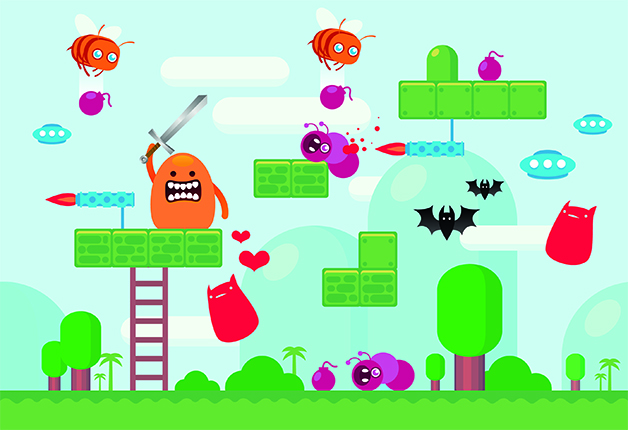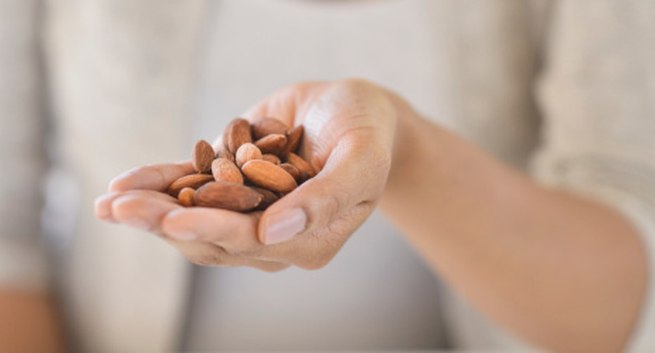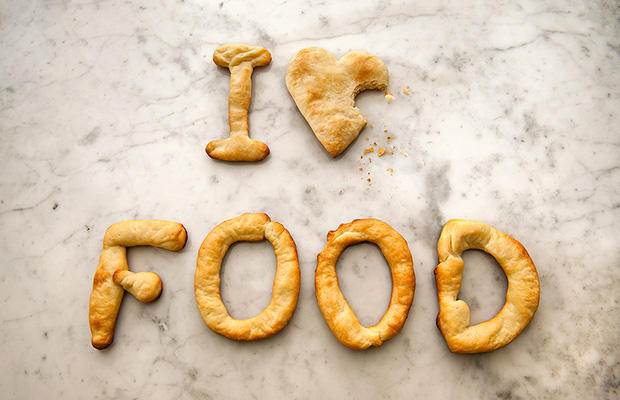1. Start your day with oats.
Two new studies present a pretty compelling case to make oatmeal your go-to breakfast. Research from Lund University in Sweden found that the healthy fats in oats trigger the production of satiety hormones in the body, helping prevent cravings for up to 7 hours. While the researchers used a special oat oil preparation in their study, dietitians agree that starting your day with a bowl of oatmeal may have a similar effect. Another recent study, published in the Annals of Nutrition & Metabolism, found that people who ate oatmeal for breakfast took in 31% fewer calories at lunch than people who skipped breakfast or had a bowl of corn flakes. (This almost-instant gingersnap oatmeal is about to become your new favorite morning meal.)
2. Avoid your craving hot spots.
Can't resist the soft pretzels when you smell them baking at the mall? Absentmindedly snack from the pantry while you're trying to decide what to make for dinner? Researchers at McGill University found the most effective mindfulness-based technique in controlling cravings is to simply break your usual habits. Walk on the opposite side of the pretzel shop at the mall (or better yet, avoid that wing altogether) and plan dinner at the office or even in the living room (you already know what's in your fridge and pantry).
3. Play a computer game.

Photo by Ryccio/Getty Images
In a recent study published in the journal Appetite, researchers asked one group of participants who were trying to "fight" a food craving to play a game of Tetris; the other group with the same food craving were told to wait for the game to load. (It never did.) The group that actually played the game had significantly lower cravings and less vivid craving imagery than the group who sat twiddling their thumbs. The takeaway? A quick game of Candy Crush, Words With Friends, or some other fun distraction may just help you redirect your thoughts away from food.
4. Tap your head for 30 seconds.
Yep, this is a strange one: Researchers at the New York Obesity Nutrition Research Center found that tapping your forehead with your finger actually engages the same part of the brain that causes food cravings. The tapping interrupts the craving process, distracting you from your objet du désir. Here's how to try it out for yourself.
5. Think about the results of giving in.
Turns out that your mother's old adage—"Once on your lips, forever on your hips"—has some validity: Researchers from Brown University used MRI scans to examine the brain activity of people looking at pictures of drool-worthy food. The best way to break their fixation was to have them ponder the negative, long-term consequences of eating the food. Focusing on the negative lit up regions of the brain related to willpower.




